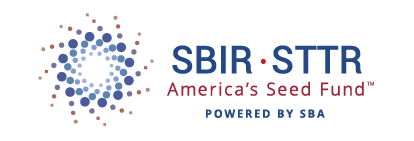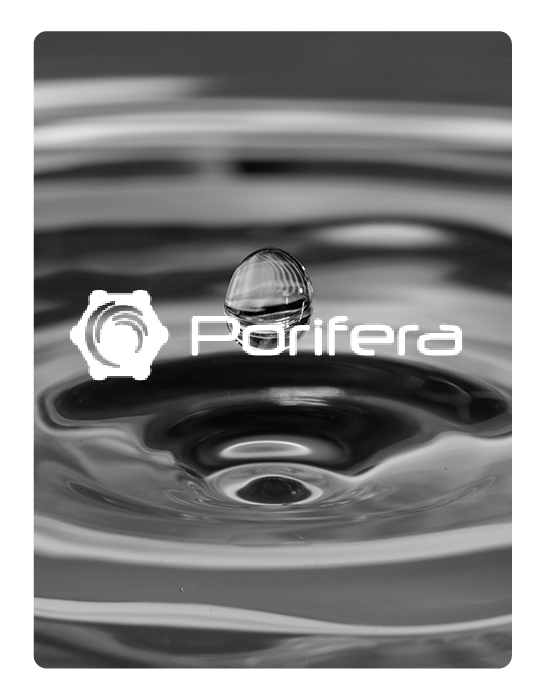Porifera helps customers concentrate value in their products and uncover value in their waste through its system’s unique capabilities, featuring a proprietary forward osmosis membrane.
Itʼs expensive to ship and store water – yet water fills 75% of trucks, planes, ships, warehouses, and wastewater lagoons. Poriferaʼs technology can reduce the shipped and stored water volume by 4-25x, providing customers with cost savings and reduction in greenhouse gas emissions. Porifera helps customers – ranging from wastewater treatment, to the food and beverage industry – to concentrate their products and uncover value in their waste through its systemʼs unique capabilities, featuring a proprietary forward osmosis membrane.
Shipping is projected to emit 17% of global CO2 by 2050 – what if we could have the same fresh products, but only ship 1/10th of the volume? Poriferaʼs technology reduces the environmental impact of the globalization of food and beverage distribution, enabling companies to deliver high quality products in a vastly more sustainable and cost-effective way. Through its Small Business Innovation Research (SBIR) -funded technology, Porifera uses the natural power of osmosis to make a concentrate by gently removing water from a wide variety of products. Porifera reduces carbon footprint and cost throughout the entire product lifecycle. In addition to its applications in the food and beverage industry, Poriferaʼs technology also helps turn wastewater into clean water for reuse, increasing sustainability for any industry. Its gentle process can produce clean water and organic fertilizer from agricultural wastewater, turning costly wastewater disposal into a revenue generator. The companyʼs proprietary DPRShield technology assures fail-safe direct and indirect potable water reuse for municipalities and industrial customers alike. Together with another small business, Porifera has turned manure water into clean water for reuse and organic fertilizer for resale.
Porifera was founded in 2009 with National Science Foundation (NSF) SBIR and Defense Advanced Research Projects Agency (DARPA) funding. One year later, an NSF SBIR award funded the invention of Poriferaʼs current core technology, a forward osmosis membrane. The NSF SBIR allowed the company to pivot, discovering new markets where it now thrives – Porifera went from desalinating seawater, to reusing organic-rich wastewater, to concentrating food and beverage products. The follow-on SBIR funding incentives helped Porifera secure its first investment and build a relationship with a manufacturing partner. The funding and manufacturing relationship enabled the company to scale-up and allowed Porifera to enter the market. Additional SBIR/STTR awards contributed to further technology and relationship development with National Aeronautics and Space Administration (NASA) Ames, Idaho National Laboratory, and several universities. Porifera has successfully commercialized its technology and turned it into $8.5 million of private investment, and more than $20 million in non-SBIR revenue since its commercial product launch in 2013.
Today, the company is headquartered in San Leandro, CA, and operates additional manufacturing facilities in Hayward, CA, while serving over 100 customers located in more than 20 countries across the globe. In addition to its impressive revenues and relationships, Porifera has more than 22 patents and 35 pending patent applications stemming from the early SBIR funding and investments.


